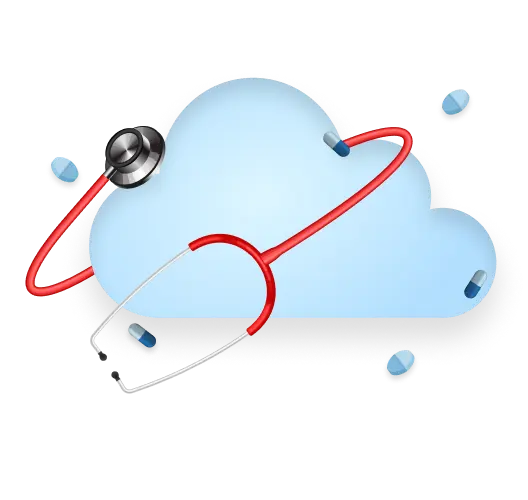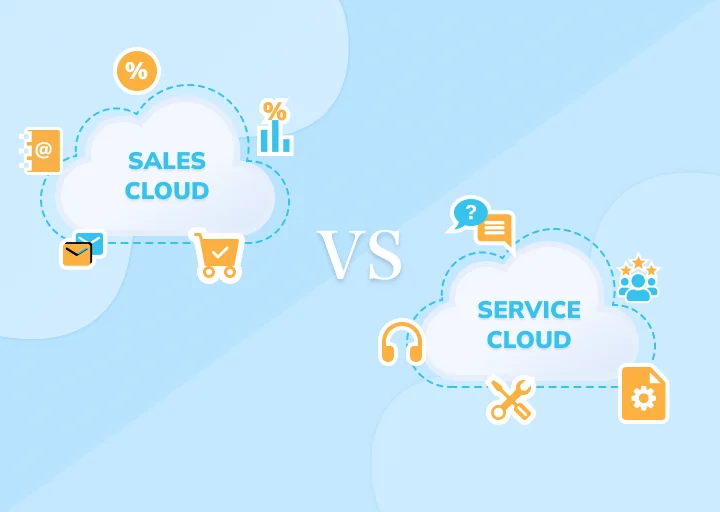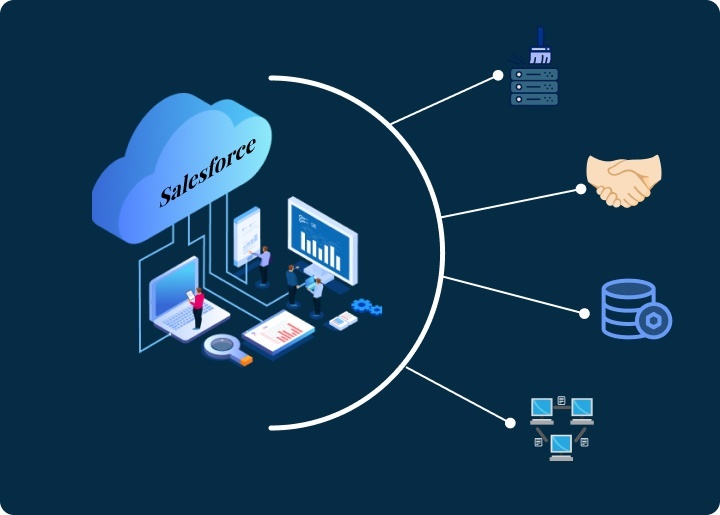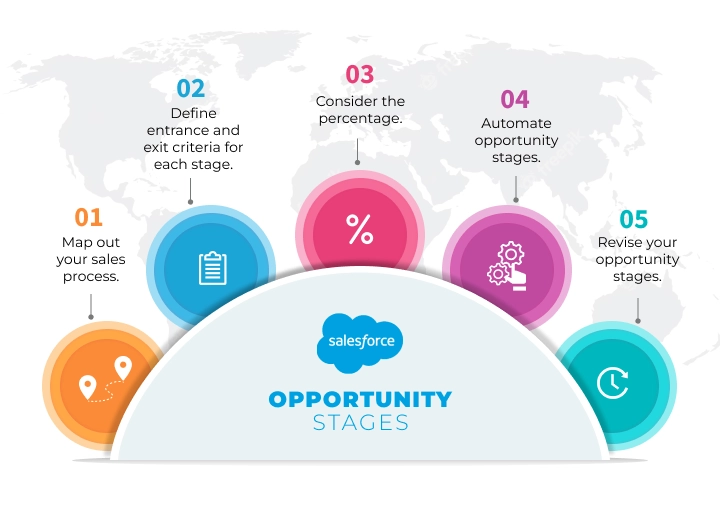Benefits of Salesforce Health Cloud for Businesses
- Elevate patient-first healthcare experiences for enhanced sales and service excellence
- Automate healthcare processes and foster cross-team collaboration to boost productivity
- Empower sales and account teams to deliver more engaging and personalized interactions
- Reduce operational costs and enhance sales transparency for improved efficiency
- Innovate using a scalable, configurable, and secure healthcare platform
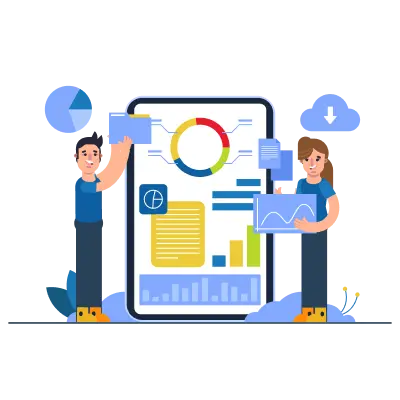
Trusted by the Top Brands




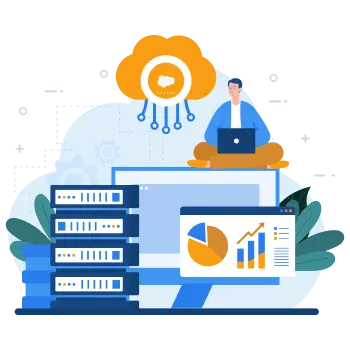
Implementation of Salesforce Health Cloud
Our team of Salesforce Health Cloud experts has successfully helped healthcare organizations bridge the care journey by delivering personalized patient experiences that surpass expectations. We streamline the process of accessing the right data from the right source at the right time, removing common implementation challenges. Leveraging insights from over a thousand Salesforce implementations, our healthcare team is composed of professionals with diverse consulting, clinical, and technical expertise that ensures a seamless Salesforce Health Cloud implementation.
Key Features of Salesforce Health Cloud

Enable Customized Care

Real-time Connectivity & Collaboration
Comprehensive Patient Analytics

Smarter Patient Management Tools
With the Right Consulting Partner, Anything Is Achievable
Seeking advice?
Let's start a conversation!Frequently Asked Questions
1. What is Salesforce Health Cloud and what are its core functionalities?
Salesforce Health Cloud is a patient relationship management platform tailored for healthcare providers, payers, and life sciences organizations. It unifies clinical and non-clinical data into a single patient profile, enabling personalized care and real-time collaboration among care teams. Key features include shared care plans, secure messaging, patient communities, and robust analytics. At Etelligens, we've seen Health Cloud significantly boost patient satisfaction and streamline workflows, from appointment scheduling to care gap identification, enhancing outcomes across both small clinics and large hospital networks.
2. What is the concept of a health cloud and how does it apply to the healthcare industry?
A health cloud is a cloud-based solution built to meet healthcare’s specific needs, replacing traditional IT infrastructure with scalable, secure platforms. It centralizes patient data, supports value-based care, and enables digital transformation through seamless access and interoperability. With over 83% of healthcare organizations using some form of cloud, it’s a strategic imperative. At Etelligens, we help providers implement health clouds that improve care quality while lowering IT complexity and operational overhead.
3. What are the key benefits of implementing Salesforce Health Cloud for healthcare organizations?
Salesforce Health Cloud helps healthcare organizations improve patient experience, streamline workflows, and boost operational efficiency. It enables personalized engagement, better care coordination, and proactive population health management. Automated workflows reduce administrative tasks while data insights enhance resource allocation. Etelligens clients typically see measurable outcomes like higher retention, lower readmission rates, and improved satisfaction within months of implementation, mirroring results like Mayo Clinic’s 20% boost in patient satisfaction.
4. What are the benefits of using cloud-based solutions in healthcare?
Cloud-based solutions reduce hardware costs, improve scalability, and enable faster deployment of new technologies. They ensure 24/7 secure access to patient information, support remote care, and simplify software updates. With built-in disaster recovery and compliance-ready frameworks, these platforms offer resilience and innovation flexibility. Etelligens leverages cloud strategies to help providers achieve 40% faster deployment and 30% lower IT costs, accelerating digital transformation without compromising care.
5. How does Salesforce Health Cloud improve patient management and care coordination?
Salesforce Health Cloud improves care coordination through unified patient records, secure team collaboration, and task automation. It identifies care gaps and streamlines transitions between care settings. By consolidating data from EHRs and other sources, it enables proactive, efficient care. Etelligens clients using Health Cloud often see readmissions drop significantly, as seen with Cleveland Clinic’s 28% reduction for chronic disease patients.
6. How does a health cloud facilitate patient engagement and communication?
Health clouds support secure, multi-channel patient communication via portals, video, SMS, or email. Patients can self-schedule, request refills, access health records, and join support groups. Personalized content and automated reminders further drive engagement. JAMA studies show these tools improve adherence and screening rates. At Etelligens, we tailor these features to diverse demographics, ensuring inclusive, scalable engagement models.
7. What are the features of Salesforce Health Cloud that aid in personalized patient engagement?
Salesforce Health Cloud uses dynamic segmentation, automated journeys, and personalized health content to engage patients effectively. Patients are involved in care planning, progress tracking, and peer communities. AI-driven insights provide tailored recommendations, increasing adherence and improving outcomes. Etelligens helps providers customize these tools, driving a 25% boost in patient activation, as reported in NEJM studies.
8. How does cloud technology enable telehealth and remote patient monitoring?
Cloud technology powers HIPAA-compliant telehealth and remote monitoring with real-time data sync from devices, virtual consultations, and automated alerts. It supports asynchronous communication, intelligent scheduling, and care coordination. According to ATA, cloud-based systems reduce telehealth deployment time by 40%. Etelligens designs scalable architectures that extend virtual care seamlessly across clinical workflows.
9. How does Salesforce Health Cloud help with regulatory compliance?
Salesforce Health Cloud includes built-in HIPAA safeguards, audit trails, encrypted data storage, and role-based access. It supports consent tracking, documentation, and compliance monitoring. Proactive alerts and automated reporting tools reduce regulatory risk. Etelligens conducts detailed risk assessments, ensuring compliance is integrated into day-to-day operations—not an afterthought.
10. What are the data security and privacy considerations for a health cloud?
Health clouds demand robust security including multi-factor authentication, encryption, and strict access controls. Privacy-by-design ensures data minimization and consent tracking. Incident response and international compliance readiness are essential. HIMSS reports structured security programs reduce breaches by 63%. Etelligens embeds security from the start, ensuring resilient, regulation-ready platforms.
